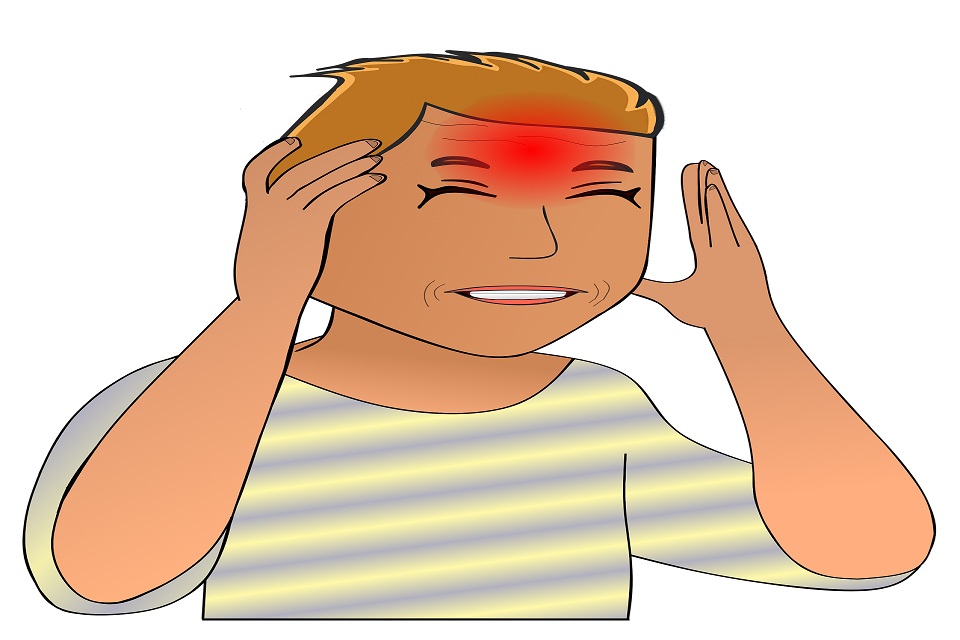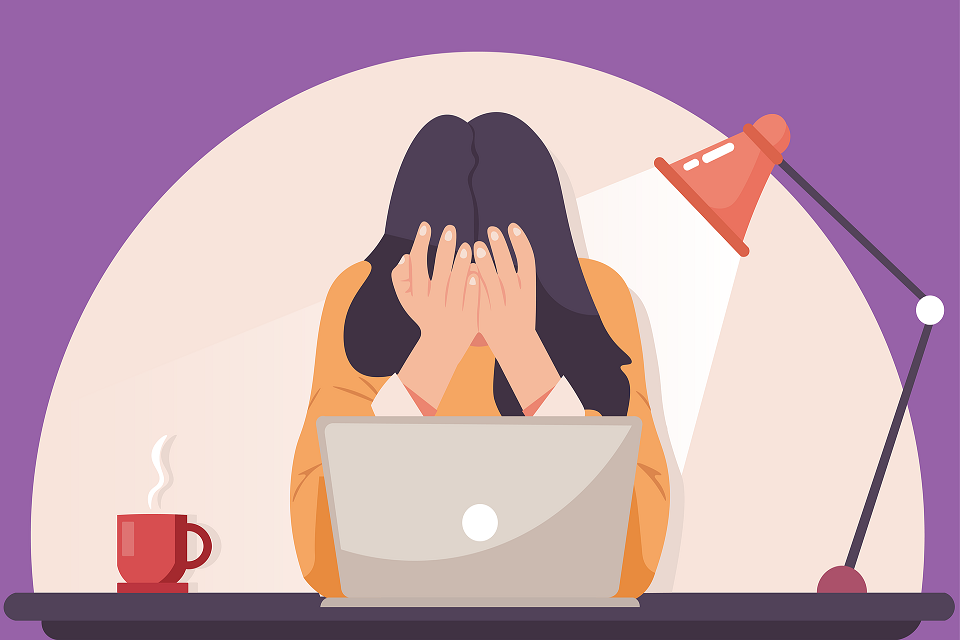Stress Awareness Month (April) is observed to draw attention to the serious impact of stress on our mental and physical health. The goal is to teach students healthy ways to cope with stress and to lessen the likelihood of stress-related health disorders. Following on from our previous article, which looked at the influence of stress on students’ mental health, this article will look at the physical toll that stress may have on their health.
Stress has a variety of physical consequences on a student’s body. Fatigue is one of the most prevalent stress symptoms. When students are stressed, it can be difficult for them to get adequate sleep, which can contribute to persistent weariness and poor energy levels. This can make it difficult to concentrate in class, leading to more tension and anxiety.
Stress can also have an impact on the digestive system. When the body is stressed, a hormonal imbalance occurs, resulting in symptoms such as stomach cramps, nausea, and diarrhea. Headaches are another physical indication of stress. Tension in the muscles of the neck and head caused by stress can result in headaches. These headaches can range from mild to severe, making it difficult to concentrate on college work or other tasks.

Stress affects the immune system as well. When the body is stressed, it generates fewer immune cells, making it more vulnerable to sickness. Finally, stress can affect the cardiovascular system. When the body is stressed, it creates adrenaline, which causes a rise in heart rate and blood pressure. Chronic stress can lead to more significant cardiovascular issues over time, such as hypertension and heart disease.

Thankfully, students have access to various coping mechanisms that can help them manage stress and prevent its negative effects on their physical health. One of the most powerful and widely recommended strategies is practicing relaxation techniques such as deep breathing, meditation, and yoga. These methods are proven to be effective in calming the mind and reducing anxiety and tension levels.
Exercise is another effective stress-reduction strategy. Endorphins, which are natural mood boosters, are released during physical activity. Exercise can also enhance sleep quality, which can help lower stress levels even more.
Another stress-reduction method is to prioritize self-care. Making time for hobbies that bring joy and relaxation, such as listening to music, or spending time with friends and family. Students must take time away from their studies to care for themselves.


















